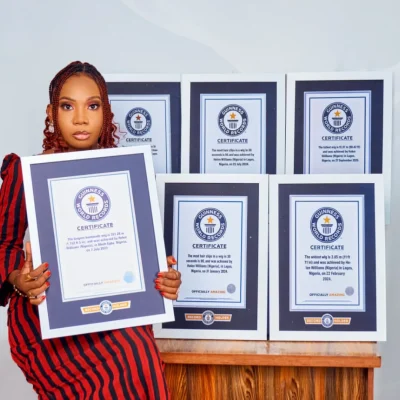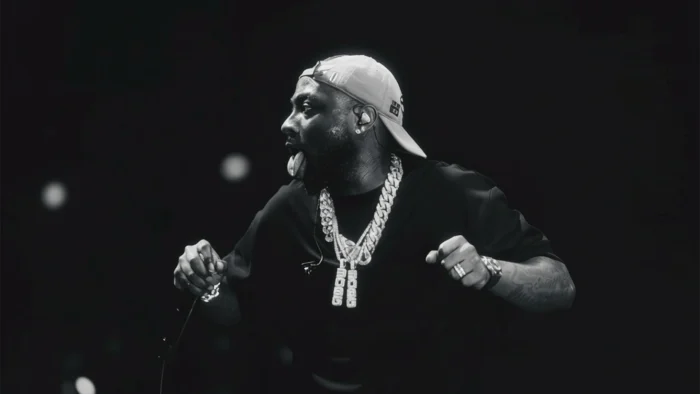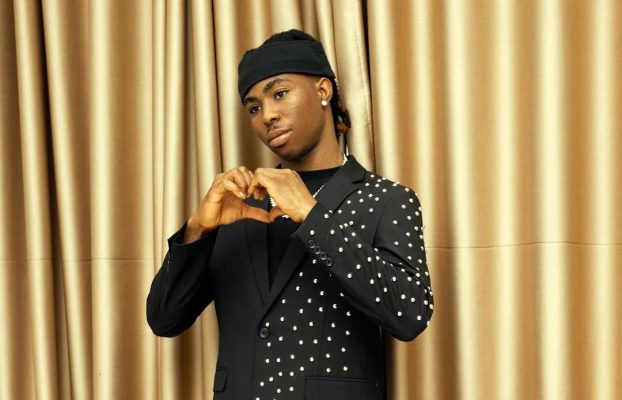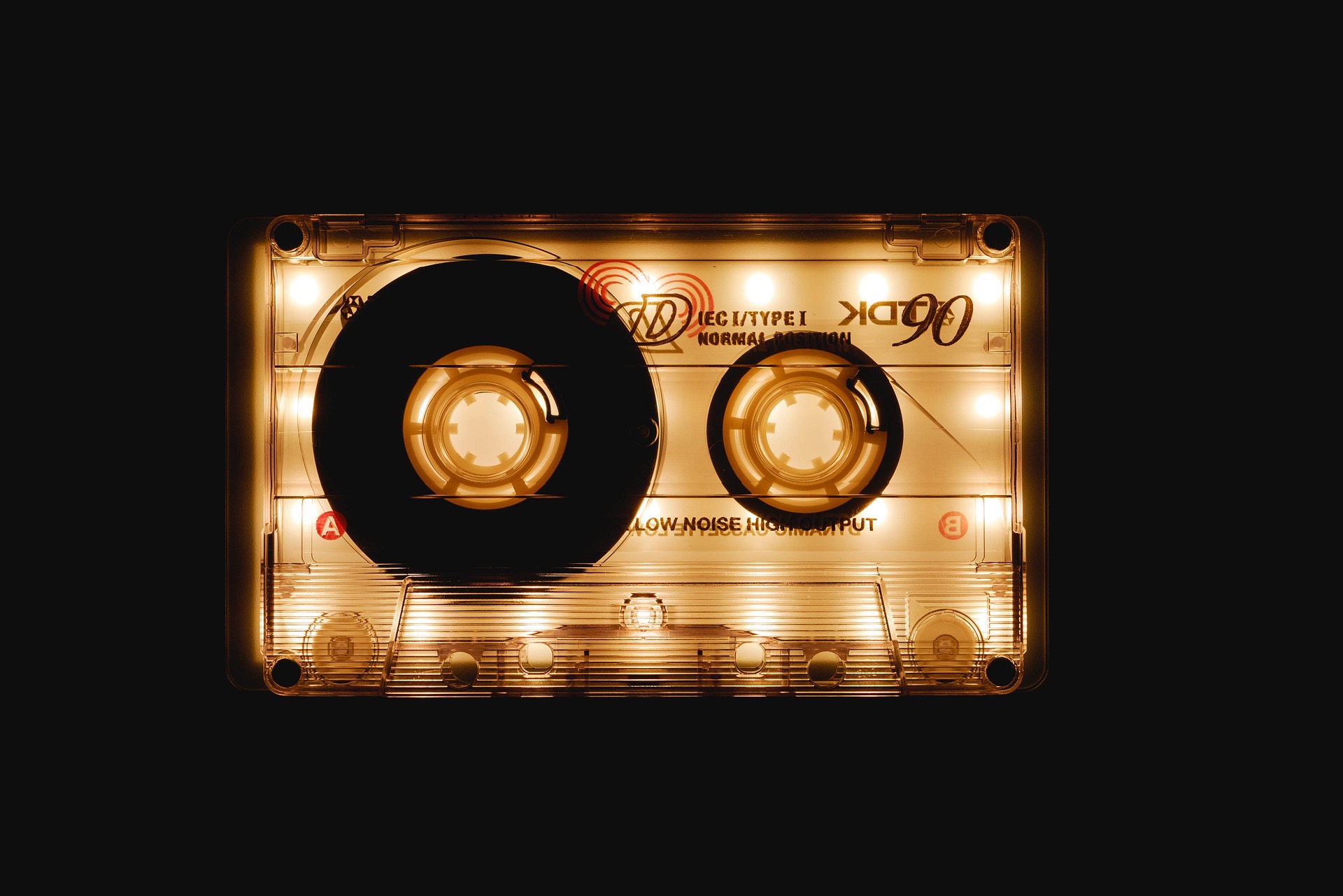
For a very long time, musicians were considered avant-gardists—laid back, too cool for school—they were purely idols with a penchant for aesthetic ingenuity and sonic innovation.
Before the iPods, smartphones, and digital streaming platforms, music consumption was viscerally manual and intentional. Artistes were not loved by accident, nor discovered by impulse. They were not paid by third-party platforms either. The dynamics of profit were a direct commercial exchange between artistes and fans. Record stores bought CDs from the most popular artistes of the moment—the ones who were constantly on the radio, the ones whose aesthetics had become pop culture statements, and whose song lyrics had been integrated into popular language. These artistes, in turn, got shows, released merchandise, and got paid by brands to be the faces of new products. Nobody was paying per listen as it was an art economy built primarily on fame and relevance-a social capital that was heavily reliant on the impact of an artist’s music and their cult of personality.
The coming of the 21st century prompted an unprecedented acceleration in the digital revolution. Ipods came, mobile phones came. All these greatly impacted the music listener’s experience and changed the way the music industry operated. While the artistes had to retain their charisma to be considered an all-rounder, music travelled faster than musicians. The industry leapt and became an evolved space—not completely unfamiliar, but still pretty new.
Then came 2005.
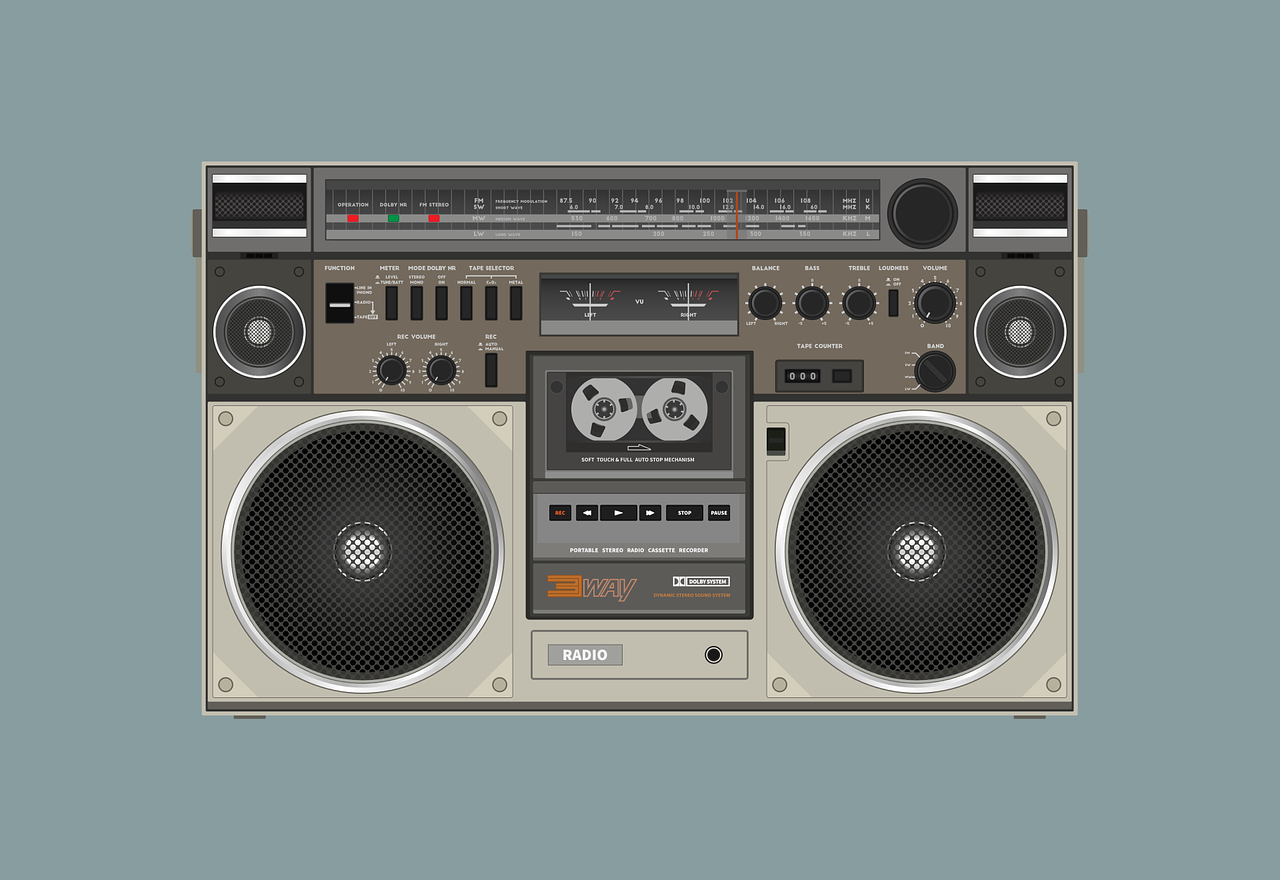
While Pandora marked the official start of the streaming era, before it, Napster was discovered in 1999 by two adolescents. Shawn Fanning conceived the idea of a software program powerful enough to stream shared MP3 files. Together with his partner, Sean Parker, the duo launched the first streaming platform in 1999, and by 2000, they already had 20 million users. The first ever dip in global record sales was recorded in the same year. Napstar would soon be subjected to litigation by label executives, and with approximately 50 million members, they would effectively shut down in 2001.
By building on the streamlined interface of the iPhone and the basic concept of the iTunes store, Pandora developed a platform that enables users to hear their favourite songs without having to “purchase” them.
As expected, with this new consumer experience came some erasure and modifications of the old. Although in 2012, Pandora’s founder, Tim Westergren, confirmed that some artists were earning up to $3 million annually in streaming revenue, album sales were sacrificed for streaming revenue, and, of course, a new debate emerged—was it really worth it for the artistes? Are DSPs (Digital Signal Processors) gaining at the expense of the artistes?
Then, the battle over IP (Intellectual Properties) rights and its correlating royalties started in earnest.
The race for royalties
General copyrights give the creator of a song the authority to decide where, when, and how their work is to be used. This law is automatically applicable once a song is written and recorded. For an artiste, a song is an asset. Whenever that asset is used with the permission of the artiste, they are entitled to payments in the form of royalties.
Now, the internet is an ocean of data. Fractions of metadata are stored in different places around the world. Metadata includes information on genre, ownership percentages, ISRC codes, track length, territory, and many other details. As a result, the precise imputation of data each time a piece of content is licensed is crucial to a digital creator’s ability to monetize any kind of content. Although it is the creator’s responsibility to correctly enter all information about any created content, because there is no standard format for metadata, information can be lost when transferred between databases and people, and it can be rejected if it doesn’t adhere to the specific rules of the platform it is being ingested, and it can also be incorrectly input due to human error. When distributing music to popular DSPs like Spotify, Apple Music, Pandora, Audiomack and others, it is the musician and publisher’s responsibility to do their due diligence and input all the song’s important metadata-all necessary information about everyone involved in making the music. Once it is distributed, the song’s trajectory and profitability become a function of how accurate its metadata was.
At the moment, the industry is precariously balanced. It is a battle of competence and detail—a war over metadata. On one hand, streaming platforms keep growing in adoption rates. Spotify now ingests 60,000 songs on their platform daily. The algorithm keeps getting flooded, and the backend is a messy hall of data.
“It’s Data or Die now,” Unique Oliver, Licensing and Publishing Officer at Mavin Records, tells me. Unique’s role has become increasingly vital in the streaming age. “If you want to secure all your bags, and be fairly paid by DSPs, you must pay attention to the accuracy of your song’s metadata. My work is to make sure the creators get paid whenever their songs get played,” he adds.
The music economy, like most industries, has become data-dependent. From the point of creation to consumption, data drives everything. The problem, however, is that while this is common knowledge, the technicalities of applying this knowledge are complicated. Emmanuella Nnadozie, Head of Marketing at the same label, analyses the African market as a developing music market: “The tools we need to get our artist maximum value are still not completely within our reach. This is understandable because we are a society on the cusp of innovation. Every facet of our business is still undergoing evolution.” She insists that the gap between the artistes in Africa and the DSPs might be an issue of correct data imputation and even the proper identification of sound. ‘’There is an identity problem,’’ Ella says. “Afrobeats global acceptance is just beginning. The sound itself is still going through an identity reformation, but we are getting there.’’
Way Out
For the average African artiste, the proper discovery of their genre is in itself herculean. Afrobeats as a genre is not fully formed. Its identity is fluid- as open to modifications as it is to misinterpretation. Josplay Inc is proposing a solution to the data problem. Co-founder and CEO Emmanuel Ogala says that they are building Africa’s Music library – a comprehensive music database indexing the technical elements and rich history of African music, in a bid to aid adequate global representation of the sounds coming out of the continent. The problems AML intends to solve are crucial for proper classification of music, assignment of appropriate credits, and royalty management. The African Music Library also promises to foster the development of collaboration and networking opportunities across the industry.
“African music is rich and diverse, yet it is the most misunderstood and misrepresented across global music platforms. This misrepresentation, we discovered, was due to a lack of locale knowledge and adequate metadata on recorded works. Over time, this problem has metamorphosed to a myriad of other music discovery and utilisation sub-problems,” he intoned.
“For instance, digital service platforms, currently, are forced to primarily playlist based on release time while neglecting the core psychological values of music. There is also the problem of classification and categorisation. In other cases, metadata about other participants in music – writers, composers, and producers – are left out or misrepresented.
These problems collectively deny music stakeholders mega revenue and global recognition.
This trend is killing creativity and forcing music makers to converge on making music that will trend as opposed to expressing their inner creativity”
This sentiment is shared by Simi Washpam, Head of Legal at COSON (Copyright Society of Nigeria). ‘’There is a high disparity between what copyright holders gain and what they feel they deserve. The numbers don’t matter much if one party feels cheated. It is business, but when it comes to creatives, it is personal too.’’
She adds: “A proper documentation of these parties and their stakes in the work will help a CMO or a user to be able to get all the stakeholders to receive their remunerations without anyone being left out.”
COSON, has over the years, become the most trusted collector of performance and mechanical rights on behalf of music creators. ‘’Though our work is made more difficult if the data on ground is incorrect,’’ Timi continues. “You can fight against anything but data,” he concludes.
It is indeed data or die. As streaming platforms and HORECA keep using music as a form of revenue generation, the onus is on artistes and their teams to acquire the expertise and tools needed to survive in a sonic world ruled by big tech. Edogame David, co-founder of Avante Entertainment and Head of Distribution at “The Plug weighs in on the disparity between the emerging music industry in Africa and the more advanced soundscape of Europe and South America.
“The space is highly innovative and many initiatives will be borne out of need. Metadata collection is more critical than ever in the evaluation of a digital creator’s success. Bet that with time, we’ll see more innovations that help us do this more seamlessly in Africa.”
Creating does not equate to profit and as African music continues its global takeover, African artists and musicians deserve information about the genre- facts guided by history and meticulous research. Novel innovations like the African Music Library are expected to gain more usage as creators recognise the essentiality of accurate metadata to royalties. Succinctly put by Jideofor Okoro, also a co-founder at Josplay: ‘’With the deep intelligence that will be showcased and shared through African Music Library, we expect that global DSPs who are currently seeking to reach the unreached in the continent will find substantial data to properly tag their catalogues and train their music recommendation and playlisting algorithms.”
[ad unit=2]


